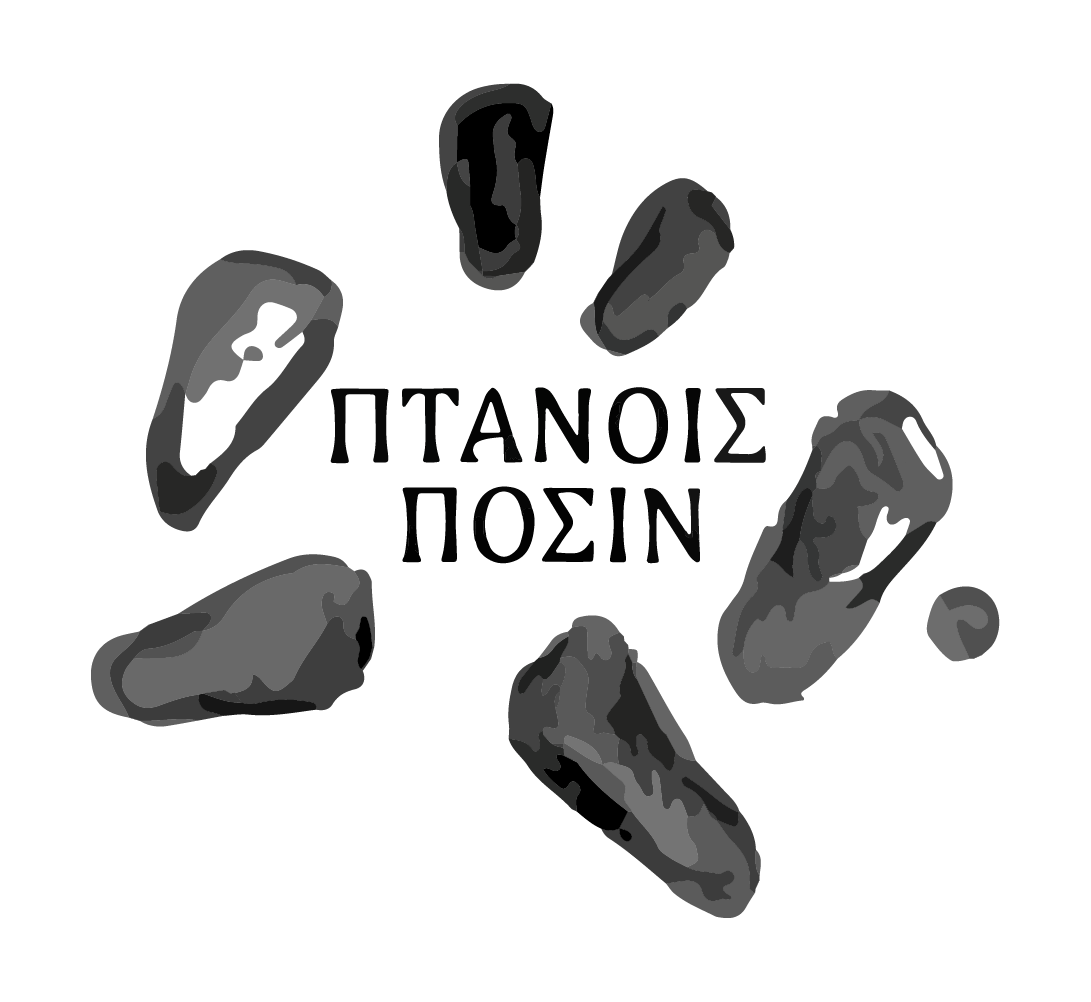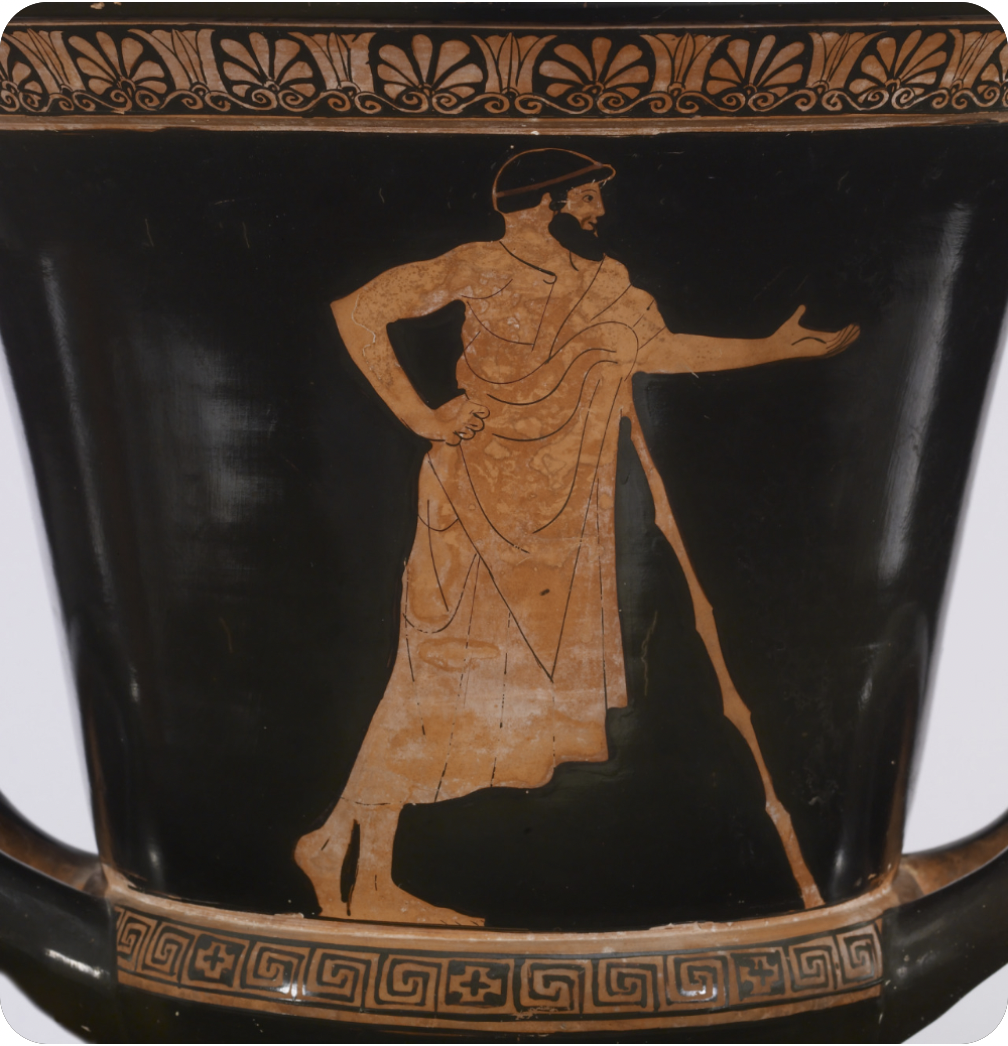FD III 1, 273
The son of [—]genes from Skepsis, young epic poet
Date:
132 BC
Edition:
[θεός τύχαν ἀγα]θάν
[ἄρχοντος Ἁγίωνος τοῦ Ἐχεφύλ]ου, β[ουλευόντων τὰν πρώταν ἑξάμηνον Ξένωνος τοῦ Ἀρι]στοβούλου Νικοσράτου
[τοῦ Εὐδώρου, γραμμ]ατεύοντος δὲ Τιμοκλέος [τοῦ Θρασέα· ἐπειδὴ — — ․․]μογένους Σκήψιος
[ποιητὴ]ς ἐπῶν ἐν τᾶι τοῦ παιδὸς ἁλι[κίαι — — ἐπιδαμήσας ἐν τ]ὰν πόλιν ἁμῶν ἀκρ[ο]-
5 [άσεις ἐποιήσατο] ἔν τε τῶι γυμν[ασίωι καὶ — — καὶ τ]οῖς παρατυγχα-
[νόντοις τῶν πολιτᾶν εὔχρηστον αὐτοσαυτὸν παρασκευάζων ․․․․․․․ τ]οῦ καιρ[οῦ ․․]
Translations (en):
God, to the good fortune. Agion son of Echephylos was archon, Xenon, the son of Aristoboulos, and Nikostratos, the son of Eudoros, were bouletai for the first semester, Timokles, the son of Traseas, was secretary: since [—] the son of [—]genes from Skepsis, epic poet in a juvenile age, having dwelt in our city, held public performances in the gymnasion, and … and making himself useful to those citizens who show up… in the circumstance…”
Translations (it):
“Dio, alla buona fortuna. Essendo arconte Agion figlio di Echephylos, buleuti dei primi sei mesi Xenon figlio di Aristoboulos e Nikostratos figlio di Eudoros, segretario Timokles figlio di Traseas: poiché [—] figlio di [—]genes di Skepsis, poeta epico in età di fanciullo, avendo soggiornato presso la nostra città tenne delle pubbliche esecuzioni nel ginnasio e … e rendendosi egli stesso utile a coloro tra i cittadini che si presentino … nella circostanza …”
Commentary (en):
This young poet come from the Troad held public performances in the gymnasium of Delphi and showed his artistic skills to the audience of the sacred city. His epic compositions conceivably celebrated the mythical history and the tradition of Delphi finding points of connection with his homeland, in order to strengthen the bond between the two territories with his presence and artistry. Because of the poor state of preservation of the text, the honors and privileges granted to this young artist cannot be documented.”
Commentary (it):
Questo fanciullo, giunto dalla Troade, tenne delle pubbliche audizioni nel ginnasio di Delfi per dimostrare le sue abilità artistiche ai rampolli e al pubblico della città sacra. È verosimile che le sue composizioni epiche celebrarono degnamente la storia mitica e la tradizione di Delfi, mettendole plausibilmente in relazione alla sua patria, al fine di cementare con la sua presenza e l’arte poetica il legame tra le due terre. A causa della frammentarietà del decreto, non si può verificare la presenza di questo giovane artista in altre fonti epigrafiche e neppure documentare i privilegi e gli onori a lui concessi.



